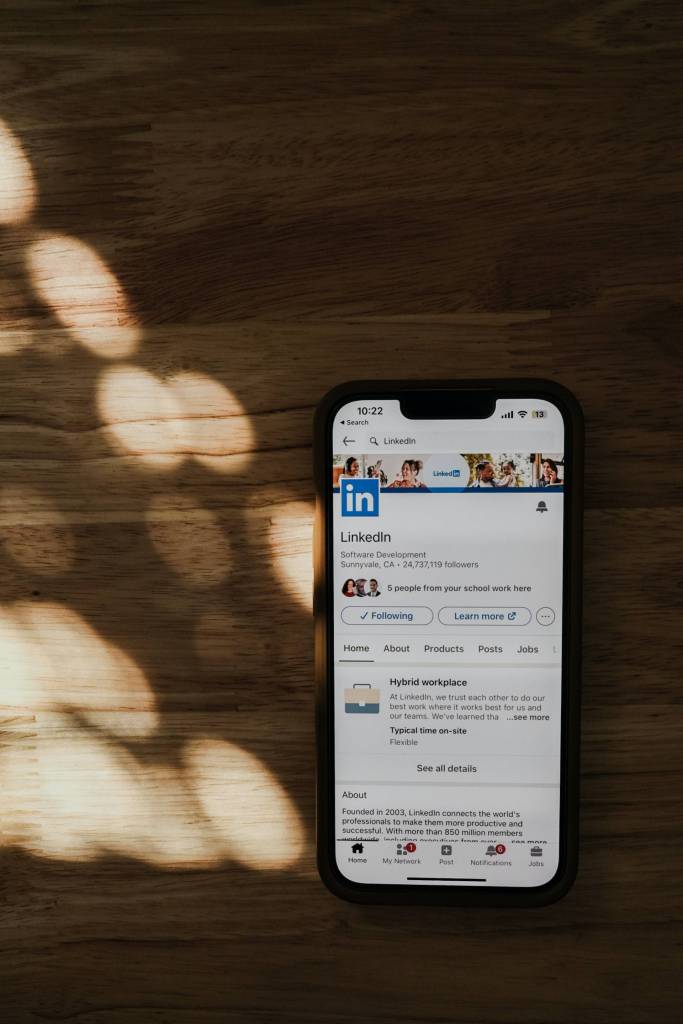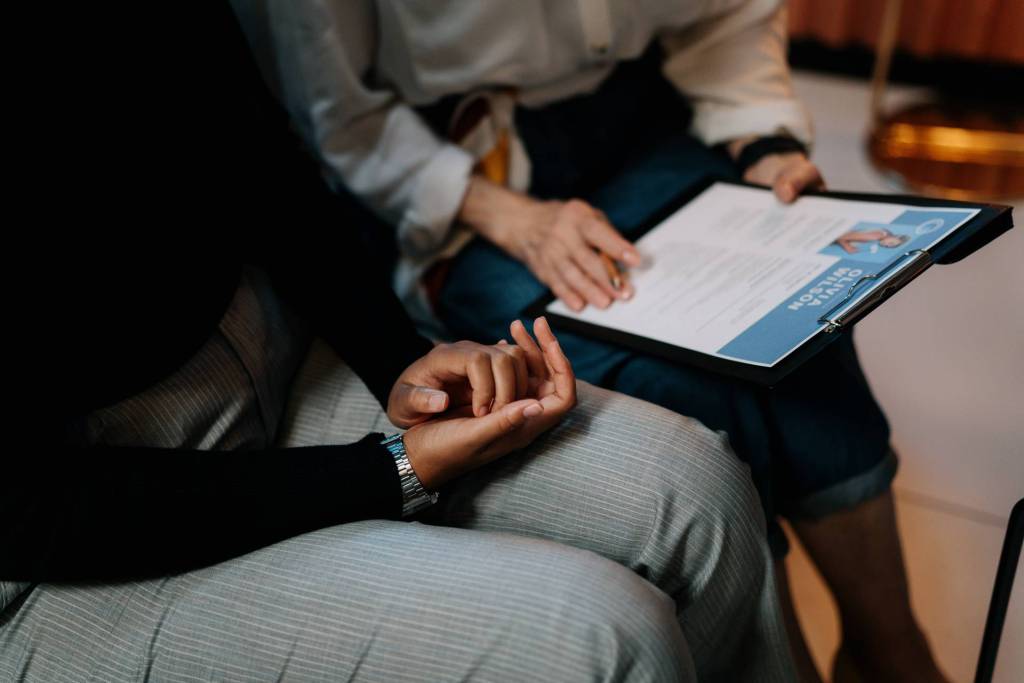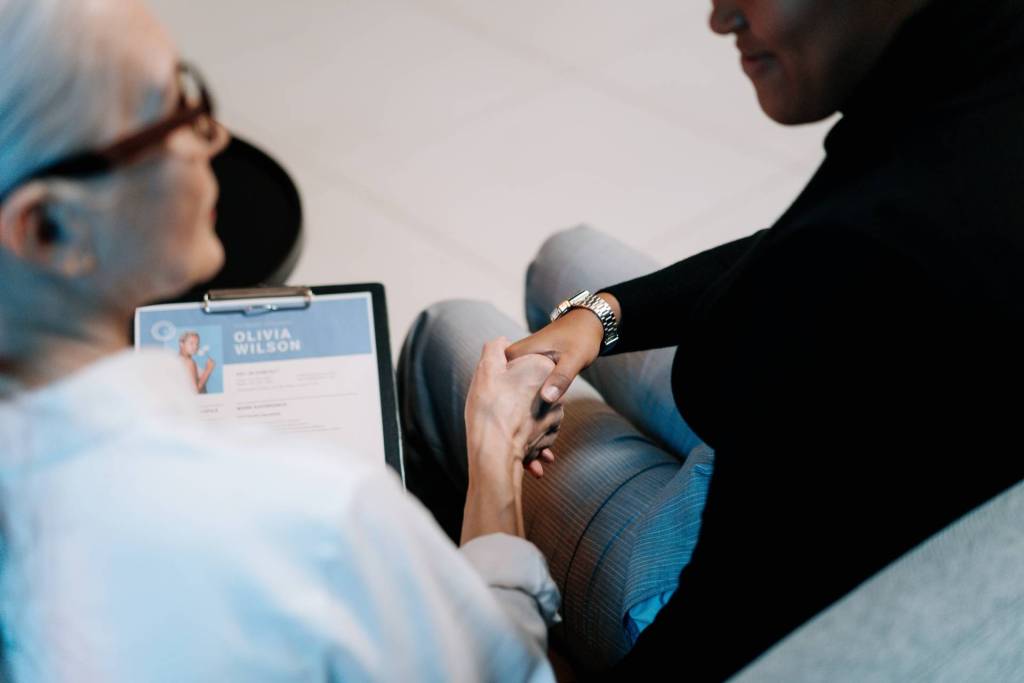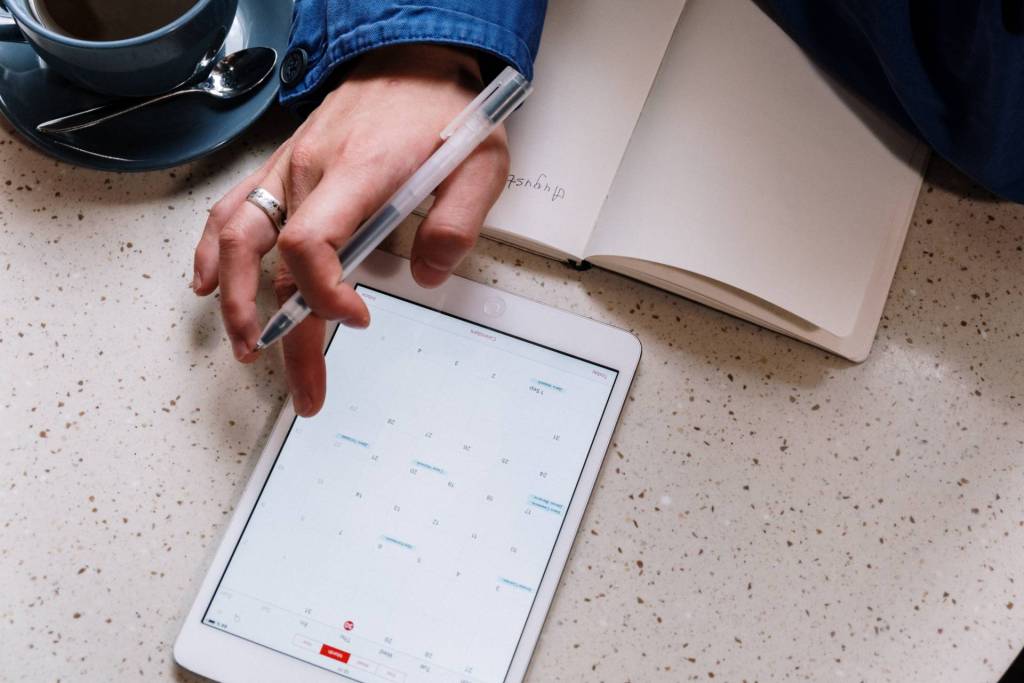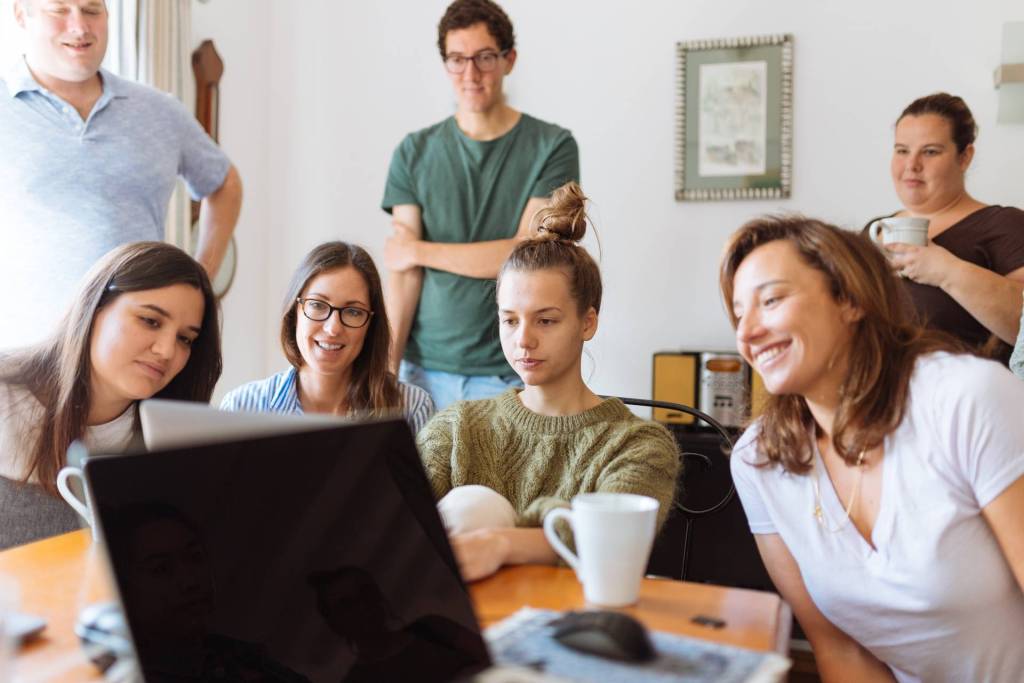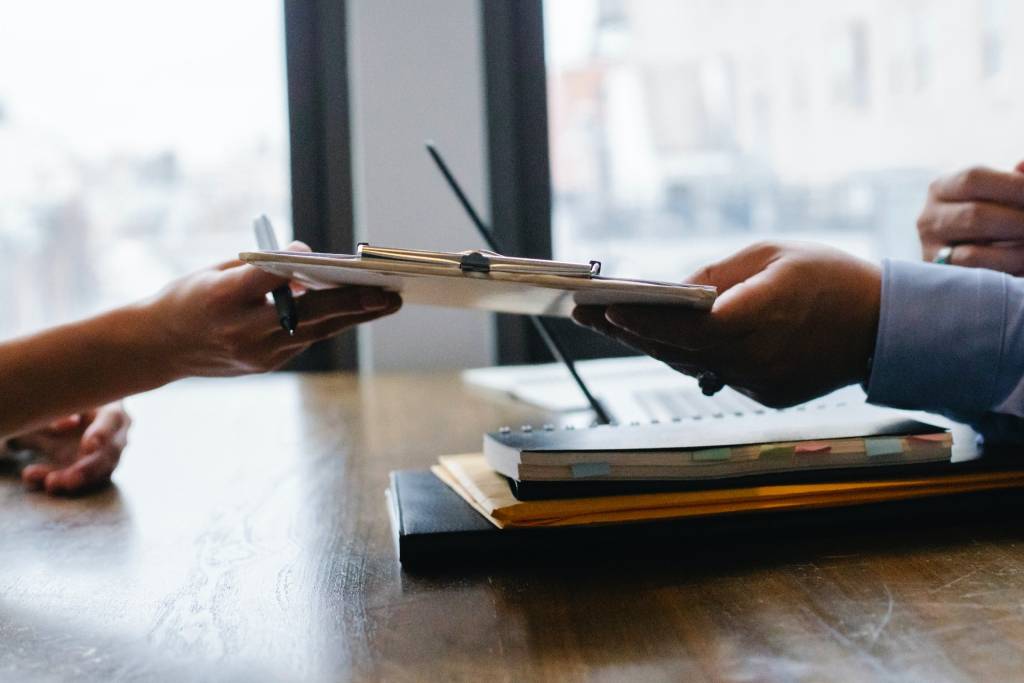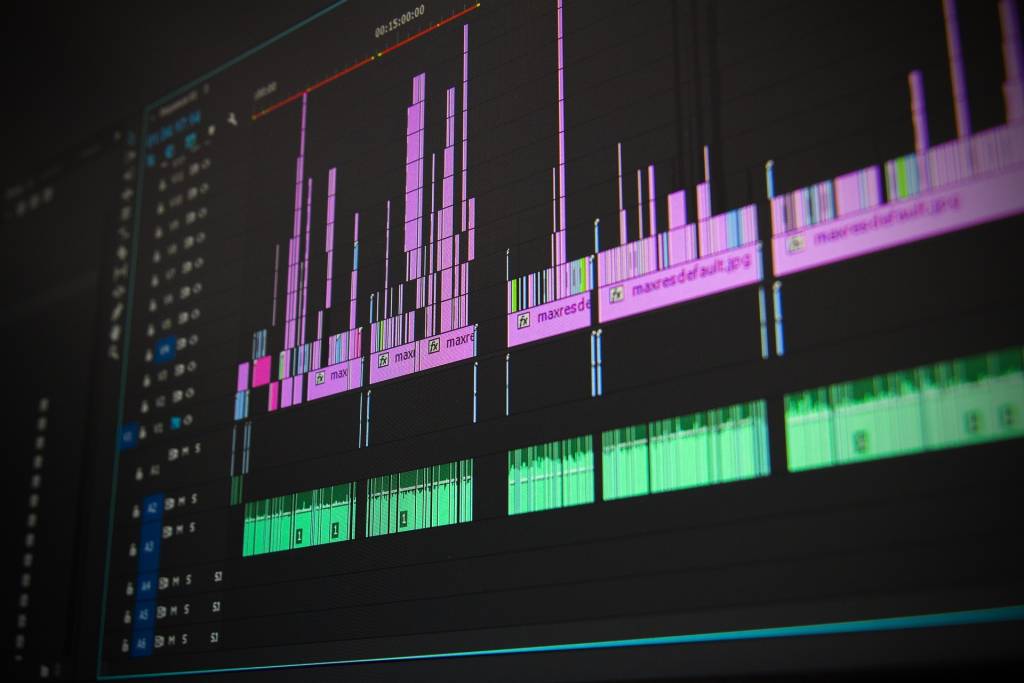In today’s competitive job market, it is common sense to take the extra time to write a post interview “thank-you” note. It not only shows you appreciated your prospective employer’s time, but it gives you another chance to refresh the interviewer’s memory about your application. There are ways to maximize the effectiveness of your note.
- Don’t think of the note as merely a thank you. Most interviewers don’t really care if you thank them for the interview; they’re not interviewing you to be charitable but rather because they might want to enter into a business arrangement with you—one that they’ll benefit from. So, despite the term “thank-you” note, your correspondence shouldn’t be as much about giving thanks as about following up on the interview in a way that demonstrates your enthusiasm for the job. It should build on the conversation from the interview and explain why you’d be a good fit for the job.
- Timeliness: Sending a thank-you note after a job interview is a good way to signal your interest in the role and solidify the interviewer’s positive impressions of you.
- Confirmation of your interest in the positions: Even if you think an offer is practically guaranteed, you can always improve your chances of getting the job if you send a thank-you letter.
- Content: Your letter should reiterate your core strengths and emphasize the value you offer.
- Overcoming obstacles about your application: You can use the note to squelch any concerns the employer raised about your qualifications and smooth over any faux pas or glitches made during the meeting.
- Supplemental information: You can add important information about your skills and qualifications which you didn’t get to discuss in the interview.
- Use the “thank-you letters as a marketing tool just like your résumé,” says Wendy Enelow, author of The $100,000+ Job Interview: How to Nail the Interview and Get the Offer. “You’re writing the thank-you to further your candidacy.”
Surprisingly, most applicants overlook the opportunity available from crafting a well thought out post interview thank-you note.
How To Write a Great Thank You Note
There’s some disagreement about whether the note should be e-mailed or snail-mailed. As with other business correspondence, Enelow says, the proper thing to do is type it on paper with the same heading as your résumé and cover letter. But some believe that handwritten thank-you letters are such a lost art that doing one will stick in the hiring manager’s mind.
There’s another argument in favor of the handwritten note. “The e-mail might be discounted or lost,” says Cynthia Shapiro, a former recruiter and author of What Does Somebody Have to Do to Get a Job Around Here? People get 500 e-mails a day. Wring an old-fashioned note is so rare today and will stand out.”
Either way is fine; just make sure to send it no later than the day after the meeting–especially if you’re mailing it. Also, send notes to all the people you interviewed with, not just your potential manager.
In the note, thank the interviewer for taking the time to bring you in and show you around. If you felt that you didn’t answer questions strongly, use the note as a chance to further express your ideas. But be confident. Never say something like, “I don’t know if I made that point clear. Here’s what I meant…” Instead, state your points without hesitation and with confidence.
Also, instead of saying, “I think I’d be perfect for the job,” write, “I really appreciated meeting you and the time you spent with me. I’m really excited about the position.”
Since this is the last time you’re initiating contact with the company, end the letter boldly by saying, “I look forward to hearing from you.” “Act as if you know they’re going to call,” says Shapiro . “Sort of like dating.”
In most industries, the best thing to do from there is to wait for the company to call you. In Shapiro’s book she writes about a hiring manager who was preparing an offer letter to the top candidate but decided not to make the offer. The candidate called throughout the week for updates on whether he was going to be hired. The manager became extremely worried that he’d act the same way if a sales deal went sour. The manager offered the job to the runner-up.
I’ve seen many sample letters and they’re easy to find online. I chose this one as its general enough that most candidates can use it and apply it to their candidacy. I suggest looking online as well for more models that might be a closer fit to the job your pursuing. Keep in mind that the Thank You note is a part of your personal marketing campaign and reflects your personal brand. Make sure the tone you use is casual but professional and that it reflects your best persona. The goal is to remind them of who you are and highlight your likability.
SAMPLE LETTER:
December 8, 2008
Rick Jones
(Position title)
Company Name
Street Address
City, State zip code
Dear Mr. (or Ms) (Hiring Manager’s Last Name):
Thank you for taking time to talk with me yesterday. I enjoyed meeting you and learning more about (company name), the (job title) position and your goals for the department.
Based on the performance objectives you shared for this role, I’m convinced my (specific experience) will allow me to very quickly contribute to (department name’s) success. In addition, my (specific skill or ability) will allow me to excel in the performance of (position specific function) and I’m excited about the possibility of becoming a member of your team.
Enclosed is the reference information we discussed and as promised this information has also been forwarded to (appropriate name).
I’ll look forward to hearing from you regarding your interest in my candidacy. If any additional information is needed in the meantime, please don’t hesitate to call me at (333) 444-5555.
Best Regards,
(Your hand written signature)
(Your printed name)
Note the tone of this letter; It’s friendly but business like. The content is tied to the position requirements and expresses the writer’s interest in the position. This interview follow up example may be used as a template by replacing the text in parenthesis with your individual information. If the verbiage is not your style use it as a general guideline for form and write a letter in your own words. It’s important that you use the thank-you note to capture the main points about why you are the right person for the job and remind them about something personal so your “good name” stays at the top of the interviewers mind.

